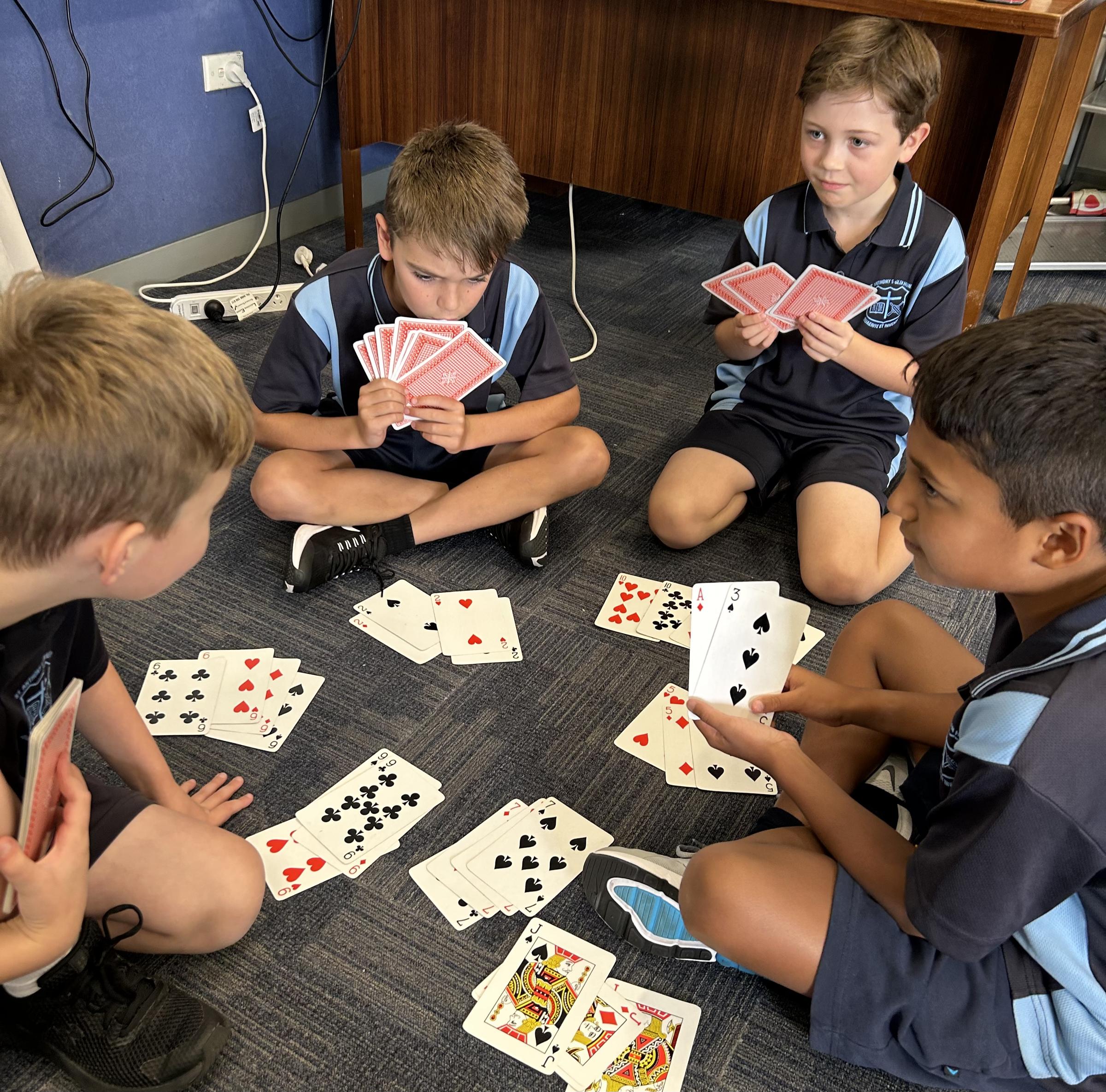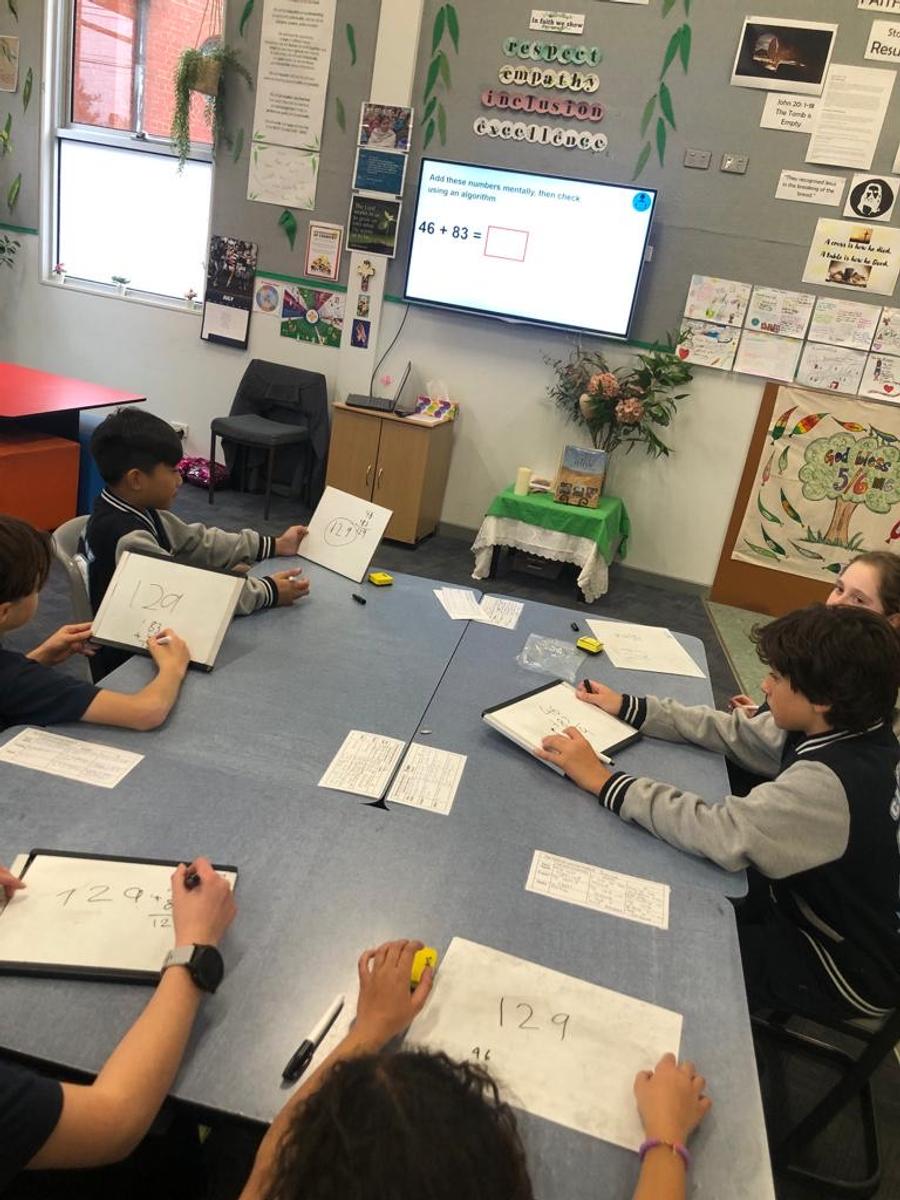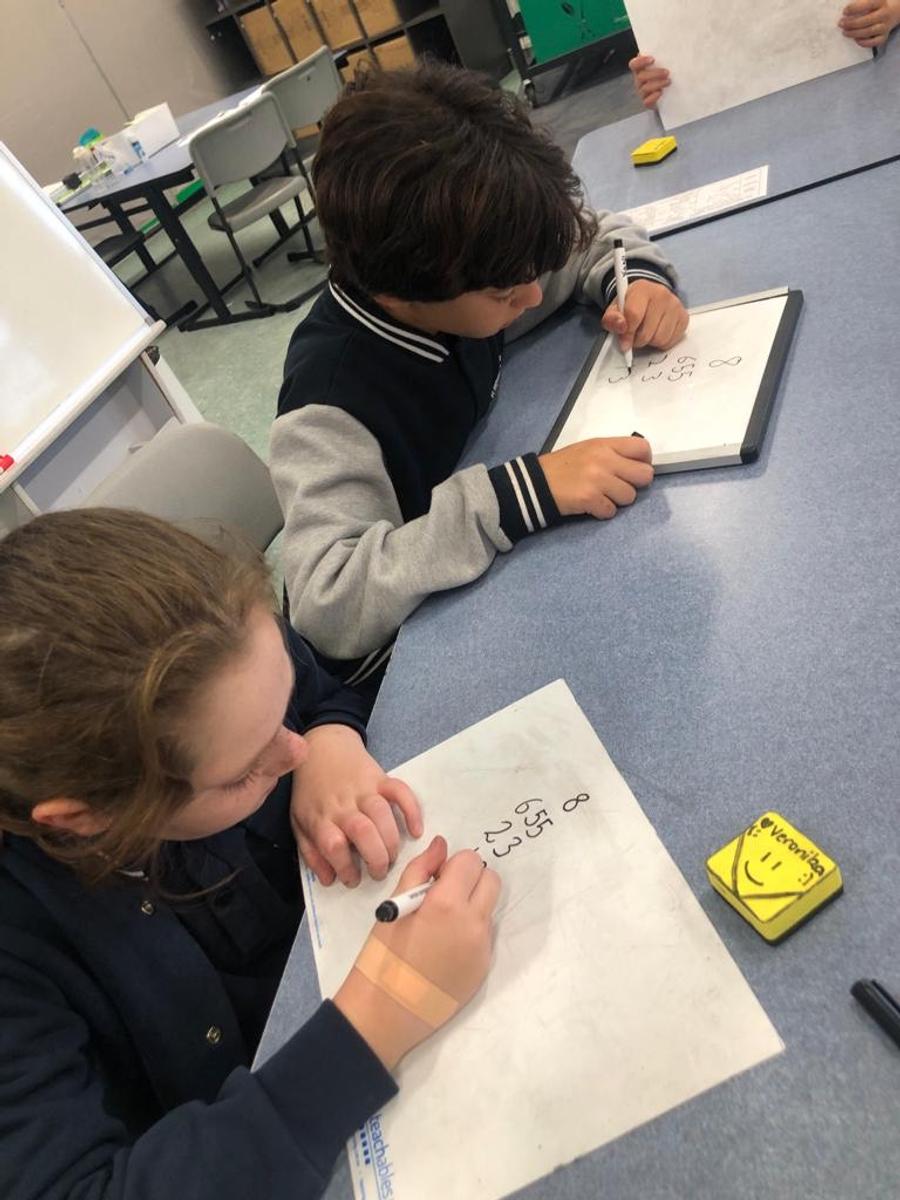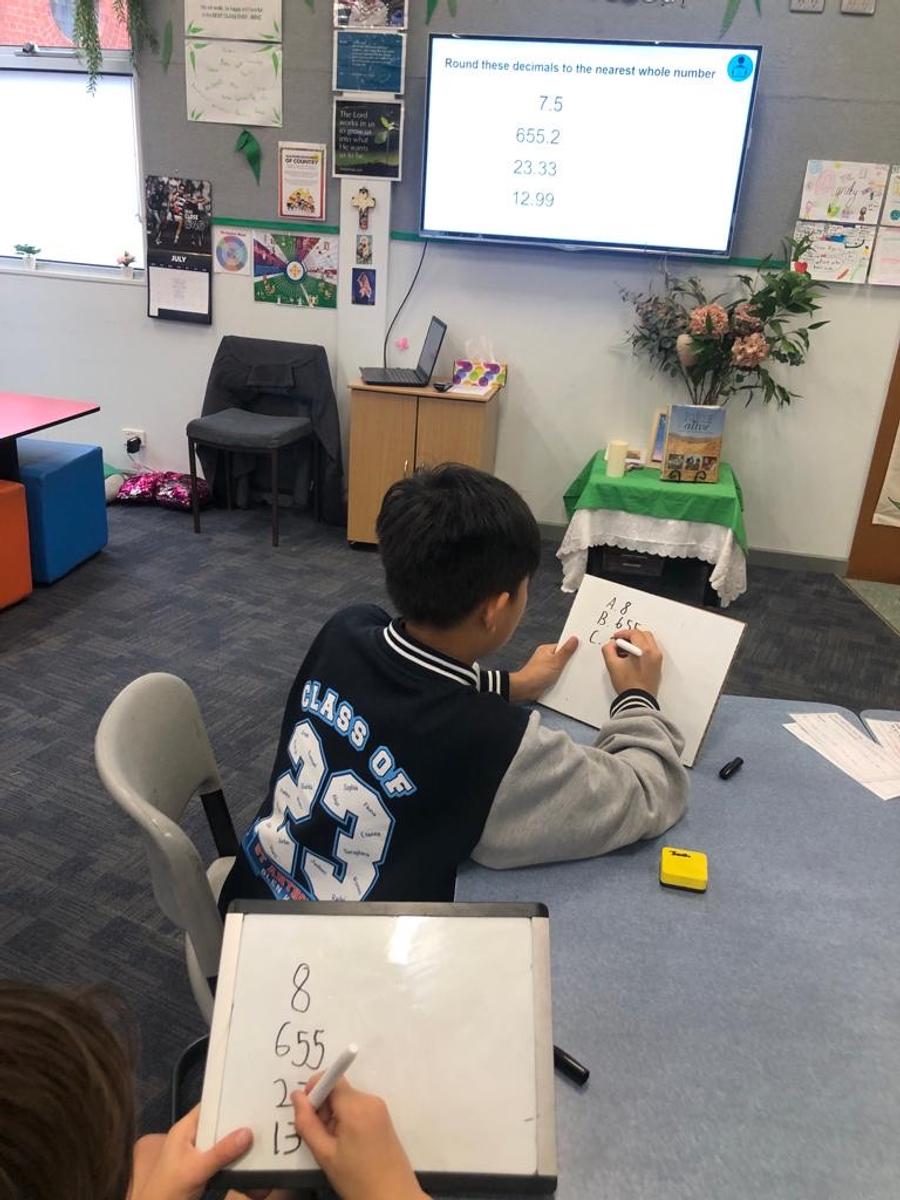Mathematics

Daily Reviews - Spaced, Interleaved, and Retrieval Practices
Earlier this year the staff at St Anthony’s were lucky enough to do some work with a diversity specialist from MACS about executive functioning, focusing on how students transfer information from their working memory to long-term memory. One thing that stuck with me through this session was the idea of Spaced, Interleaved, and Retrieval practices.
These techniques are designed to strengthen the connections in students’ memories, allowing them to remember what they have been taught for longer.
Spaced practice involves scheduling your study sessions at regular intervals. This is contrasted by cramming, which is the art of studying immediately before a test or exam.
Interleaved practice is the idea of studying a range of topics during a single study session, as opposed to focusing on a single domain (usually called blocked practice).
Retrieval practice is the act of bringing information from long-term memory into working memory. As humans, we do this every day: remembering someone’s address, a sourdough recipe, or an actor’s name are all examples of retrieval practice. Retrieving information from long-term memory allows us to strengthen this information, making it more durable and less likely to be forgotten (Kirschner & Hendrick, 2020, p.213).
After learning about these practices and the benefit they had to students learning, I was interested to see how we could implement these in our mathematics lessons. This led to a lot of research and discussion with staff about how we can best support our students in Mathematics. We came across Daily Reviews, a method of retrieval that is working successfully in a lot of Australian schools.
The Daily Review is a 10-15 minute session that runs at the beginning of every Maths lesson. It uses the ideas of spaced, interleaved, and retrieval practice to revise previously taught knowledge and skills in order to ensure that our students consolidate their understanding and cement the changes to their long-term memory. Students all have an individual whiteboard to show their answers and have to work quickly through the tasks.
Our Year 3/4 and 5/6 classes have started embedding these into our practice, and the Prep and 1/2 classes will begin to implement them later in the term. We have seen great engagement from our students and look forward to seeing their continued development and confidence in mathematics grow!
Melanie Norton
Maths Leader




